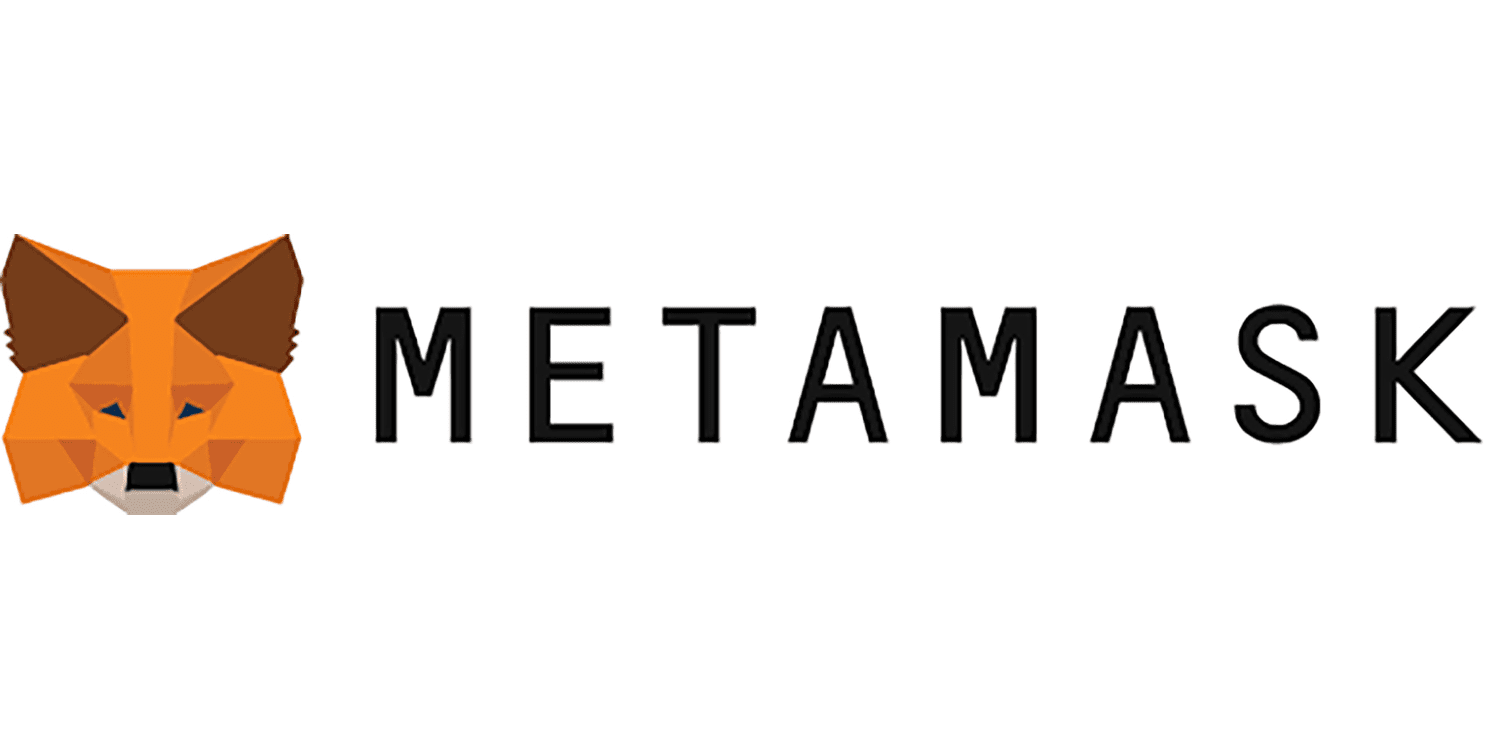The future of modern finance is already here — Decentralized Finance (DeFi) and DeFi wallets are the passports to this new financial paradigm. They allow investors to easily and safely manage digital assets and interact with various DeFi protocols, such as lending and borrowing platforms or decentralized exchanges.
DeFi has matured, attracting millions of users and driving the demand for DeFi wallets. Consequently, we’ve witnessed drastic improvements in DeFi wallets, which are evolving to meet user demands and even offer more feature options.
Before now, the market was dominated by wallets such as MyEtherWallet, which often featured poor user interface and experience. Thankfully, we’ve come a long way since then, and the market is now filled with exceptional wallets that make DeFi more inclusive and accessible.
This guide provides a meticulously researched list of the best 10 DeFi wallets of 2024, which are:
MetaMask
Trust Wallet
Ledger
Coinbase Wallet
Argent
MyEtherWallet (MEW)
Exodus
Trezor Suite
Rainbow
SafePal
We also discuss the key features of these wallets and their pros and cons so you can have a good foundation as you try to decide which of the numerous options is best for you. But before we get to it, let’s talk about what makes a DeFi Wallet what it is.
What is a DeFi Wallet?
A DeFi wallet is a “non-custodial” and “key-based” digital wallet that allows users to store, manage, and interact with cryptocurrencies and decentralized applications (dApps) on a blockchain. It disrupts the current modern finance model in which third parties, like banks, manage your funds on your behalf.
DeFi wallets are non-custodial because, like your physical wallets, you have complete control over the funds/assets in them and their access. No third party can access or control your assets in a DeFi wallet unless you give them access.
Accessing or logging into a DeFi wallet involves a pair of unique keys. One of these keys, the private key, is a 12-word seed phrase. It’s crucial to understand that you are the sole custodian of this phrase. It’s your responsibility to keep it safe, as it’s the key to authorize transactions and prove your wallet ownership. Losing the key means a permanent loss of access to the wallet and its content. Some wallets offer additional security measures like hardware devices or biometric authentication.
DeFi wallets are not just about storing digital assets; they are versatile tools that can be used to manage them. Most wallets offer a range of features, from swapping to staking and lending tokens, providing you with a wealth of possibilities and benefits.
1. MetaMask
 Choosing the right DeFi wallet will help you manage your digital assets safely and become a part of this revolutionary decentralized finance ecosystem. But that is often not enough; you have to take steps to ensure they are safe and secure, just as you keep your physical wallet safe and secure.
Choosing the right DeFi wallet will help you manage your digital assets safely and become a part of this revolutionary decentralized finance ecosystem. But that is often not enough; you have to take steps to ensure they are safe and secure, just as you keep your physical wallet safe and secure.
READ MORE: How to Do Your Research (DYOR) in Crypto
Some of the best practices you can follow include using strong passwords, enabling two-factor authentication (2FA), and backing up your recovery phrase and storing it in a secure location, never sharing it with anyone.
Also, stay vigilant against phishing attacks by always verifying the authenticity of websites and emails before entering your credentials. Regularly update your wallet software to ensure you have the latest security updates and patches.
How can you choose the right DeFi Wallet for you?
These are some of the things you should do and watch for when choosing a DeFi wallet:
Look for wallets with robust security features, such as hardware wallet integration and Multi-Factor Authentication (MFA).
Ensure the wallet supports the blockchains and dApps you use.
Choose a wallet with an intuitive interface that suits your technical skill level.
Consider the functionalities offered, such as staking, swapping, and lending.
Opt for wallets with positive reviews and a strong track record in the crypto community.
What is the Best DeFi Wallet App?
The best DeFi wallet app varies based on user needs, but popular options include MetaMask, Trust Wallet, and Coinbase Wallet.
Is a DeFi Wallet Safe?
DeFi wallets are generally safe if you follow security best practices, such as using strong passwords, enabling 2FA, and securely storing your recovery phrase.
What to Do If Your DeFi Wallet Recovery Phrase is Lost?
If you lose your recovery phrase, you may lose access to your wallet and funds. It’s crucial to store your recovery phrase securely and create backups.
What are Common DeFi Wallet Issues?
Common problems are vulnerabilities to security attacks, incompatibility with some dApps, and the complexity of user interfaces.
How to Get DeFi Wallet Support?
Most DeFi wallets offer customer support through their official websites, community forums, or social media channels.
How are DeFi Wallets Taxed?
Capital gains tax may apply to DeFi wallet transactions. Keep track of each transaction and consult with a tax professional to understand the implications.
Disclaimer: This article is intended solely for informational purposes and should not be considered trading or investment advice. Nothing herein should be construed as financial, legal, or tax advice. Trading or investing in cryptocurrencies carries a considerable risk of financial loss. Always conduct due diligence.
If you would like to read more articles (news reports, market analyses) like this, visit DeFi Planet and follow us on Twitter, LinkedIn, Facebook, Instagram, and CoinMarketCap Community.
“Take control of your crypto portfolio with MARKETS PRO, DeFi Planet’s suite of analytics tools.”



















